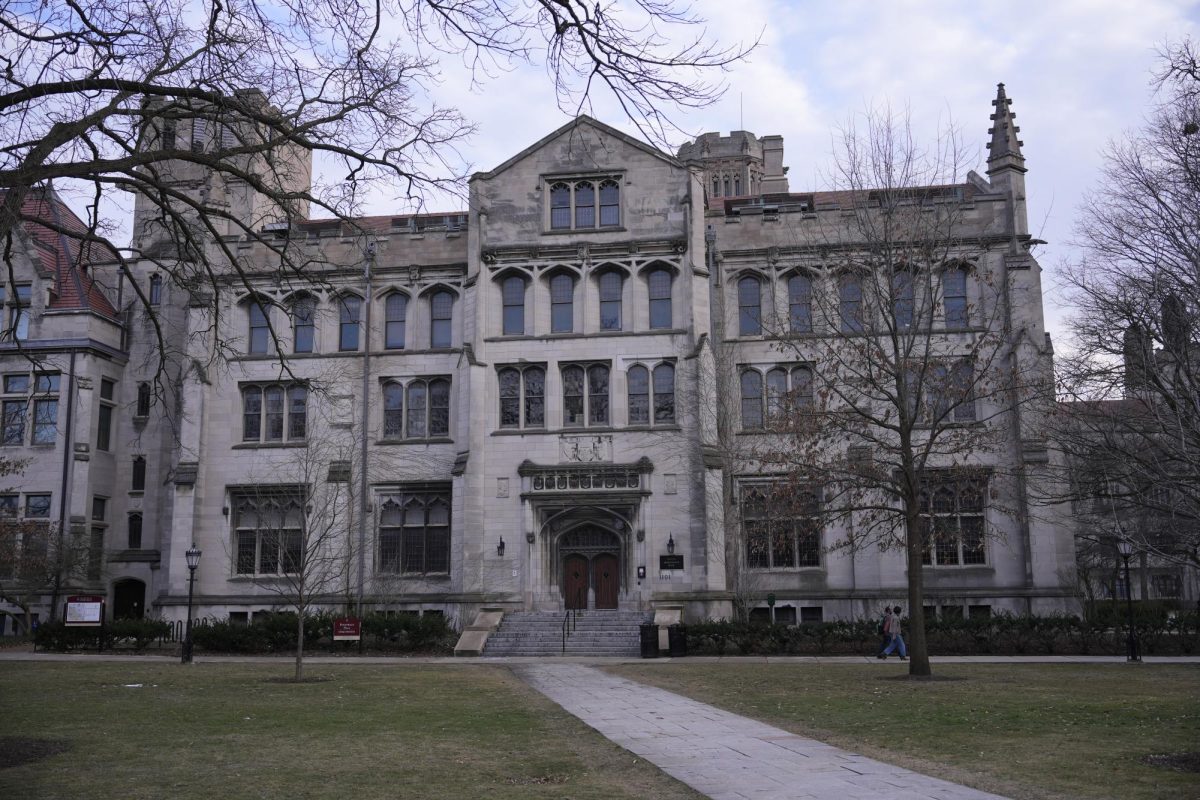The University of Chicago manages a portfolio valued at approximately $14 billion, a little over $8 billion of which sits in the school’s endowment. UChicago is, by any measure, a wealthy institution, and the investment decisions it makes have significant impacts. However, despite calls at various times to divest from everything from apartheid regimes to fossil fuels, UChicago has steadfastly refused to alter its institutional investing decisions. This, we are told, is because of the school’s commitments to free speech and neutrality, which were laid out over 50 years ago in the landmark Kalven Report.
That report argues that political statements and actions made by the University are inappropriate. It defines the institution as a site for political dialogue advanced only by individual professors and students. This is, on its face, fair enough. Arguments can be made for or against this position, but whatever its merits, the general idea is at least coherent: UChicago does not speak as an institution about social and political topics (at least, topics that go beyond the defense of academic freedom).
This thinking has been extended to justify the school’s refusal to divest from anything, because to do so would be to make a political statement as an institution. That is, UChicago has decided that choices around spending count as speech, so divestment is at odds with the school’s core value of maintaining a politically neutral academic space. By this logic, however, investments are just as political as divestments. The choice not to divest is as political as the choice to divest, and thus, the University’s position is plainly incoherent and hypocritical.
Let us extend this a bit further and think about UChicago’s actual spending practices. The University proudly promotes its investment in sustainability. The school is making institution-level decisions to spend from its endowment on things like energy-efficient buildings (even when, I’m sure, there are cheaper alternatives). As the school itself admits, UChicago values sustainability and tackling climate change, and so invests in programs, buildings, and energy sources that promote that agenda. This shows that, in practice, the rule against investment with political or social valence is both infeasible and (thankfully) not actually followed.
Given the above, how is divestment from fossil fuels incompatible with the University’s principles? If spending is speech, as the University’s anti-divestment arguments imply, then maintaining an endowment is always already political and investing is never neutral. On the other hand, if the University takes the position that spending is not speech and investment decisions are outside of the Kalven Report’s scope, then UChicago’s “principled position” against divestment has no basis at all.
There are certainly reasons to oppose specific divestment campaigns, but a blanket refusal to consider the impact of the school’s investment choices cannot be plausibly maintained on the basis of a commitment to free discourse. UChicago’s administration should have the courage to actually make viable and consistent arguments, or it should accept that it already makes non-neutral investment decisions and should strive to do so in a coherent and ethical manner. Hiding behind the rhetoric of neutrality and academic freedom is cowardly and nonsensical. For a university that boasts commitments to truth and honest inquiry, UChicago’s blanket opposition to divestment is laughably hypocritical.
I call on the University to reexamine the implications of the Kalven Report and to develop an investment strategy for the future that can be coherently defended. At the very least, the University should be willing to explain its decision to be complicit in the steady wave of extinctions and societal disruptions that its investments help perpetuate.







